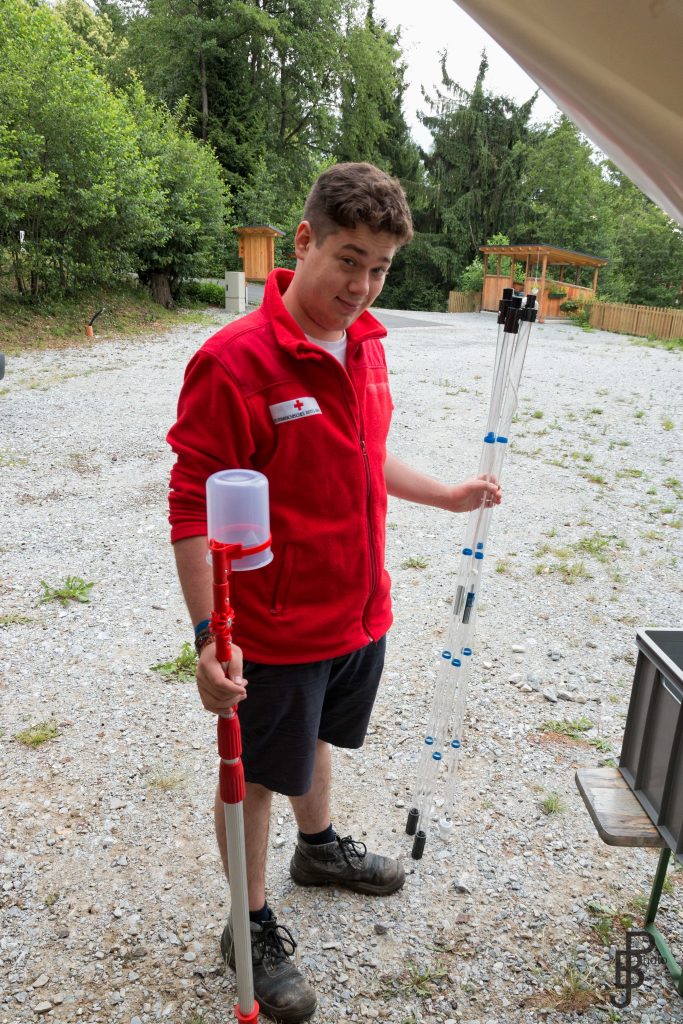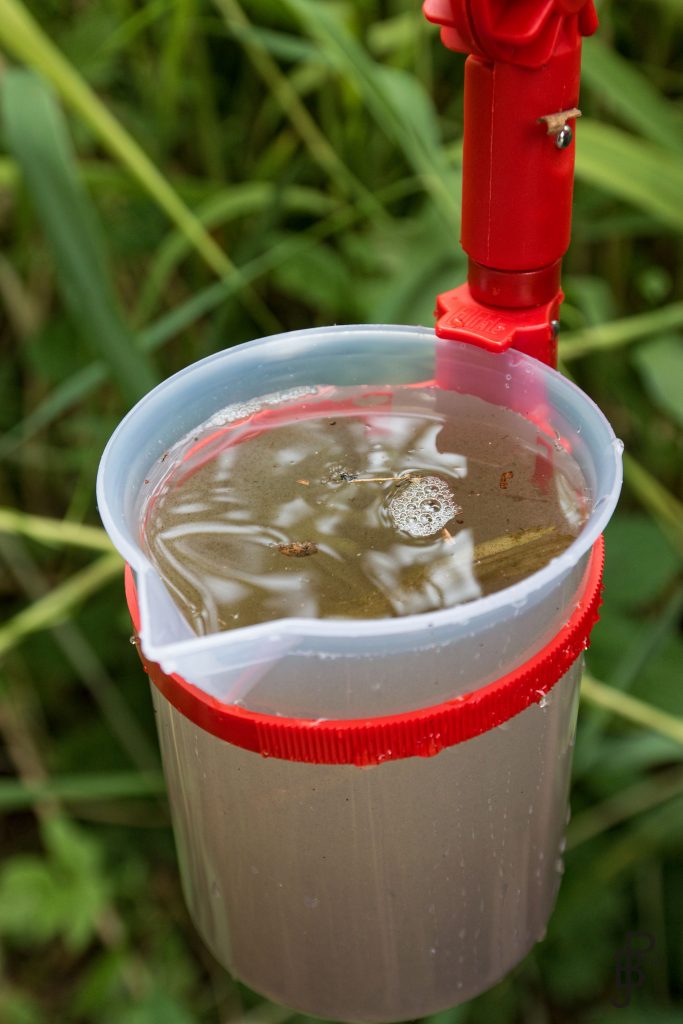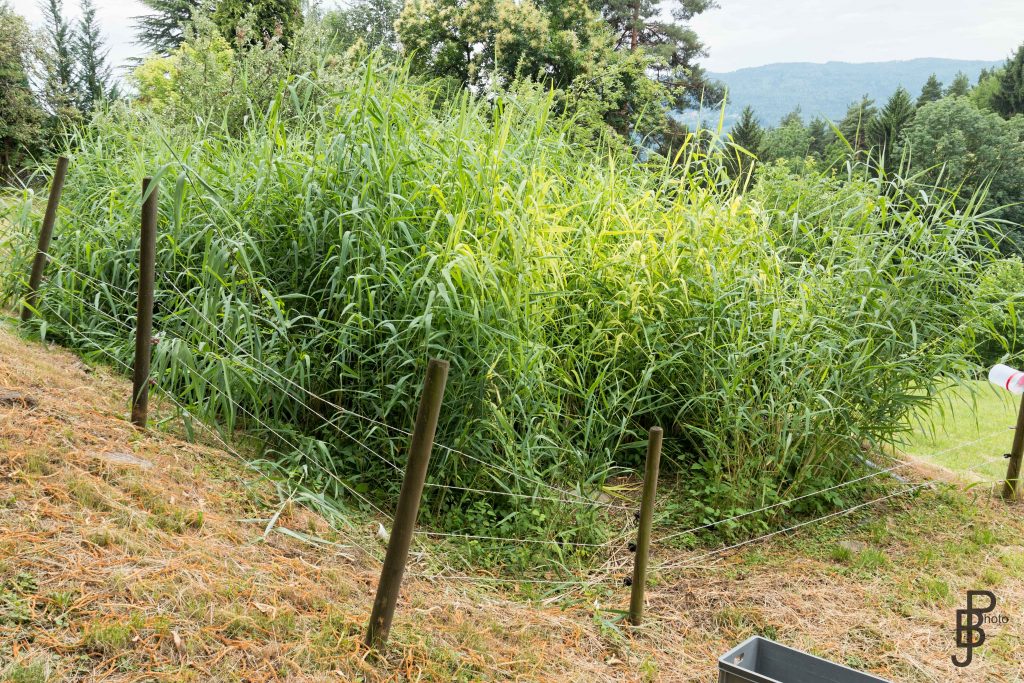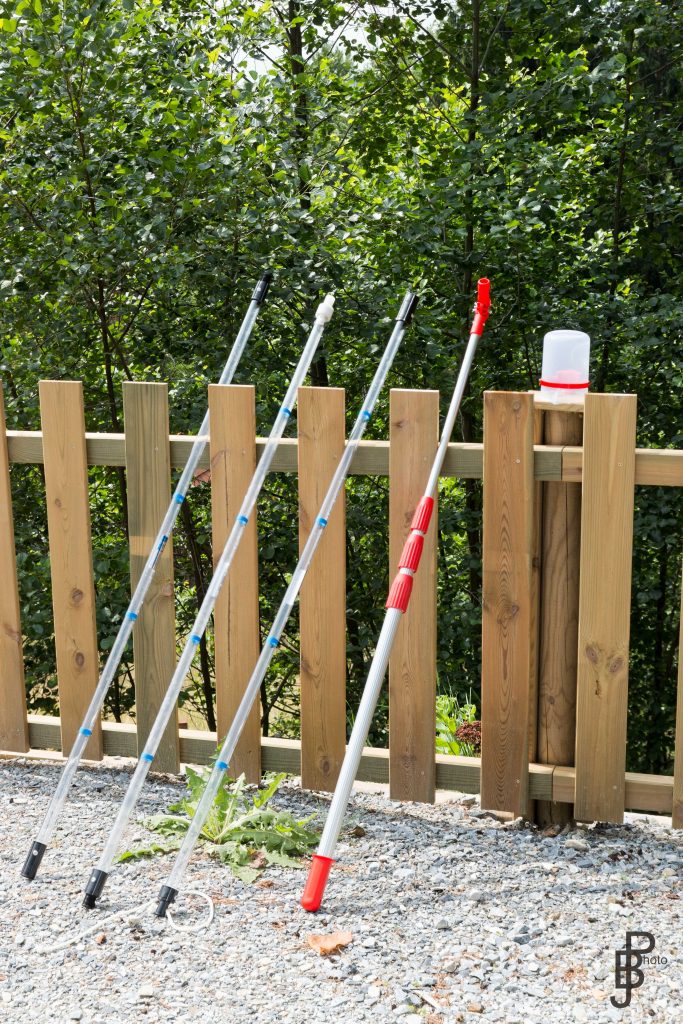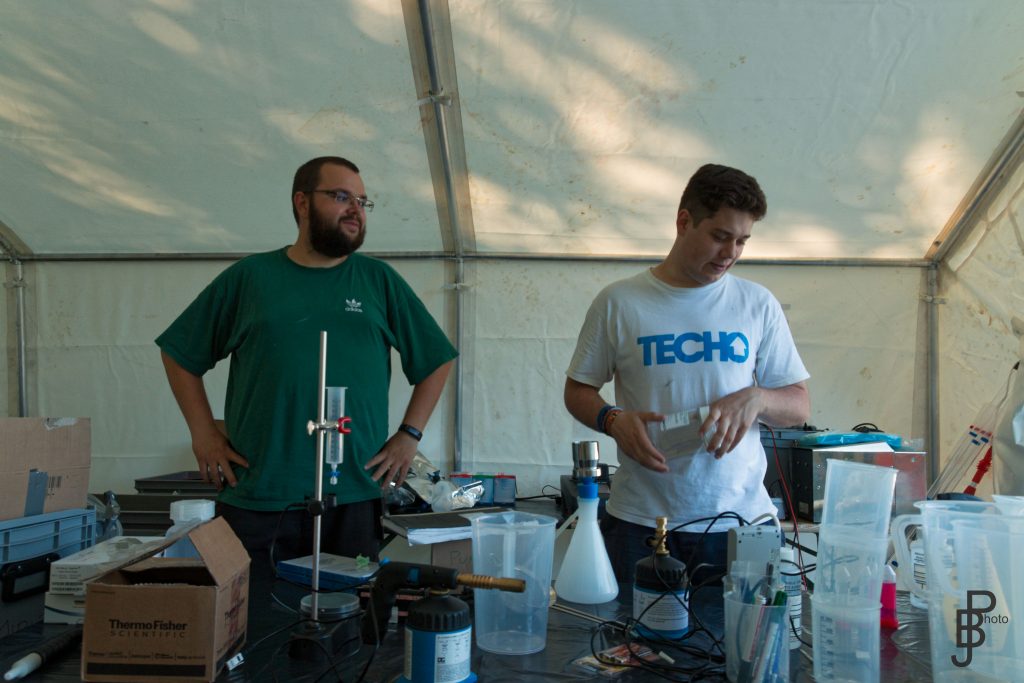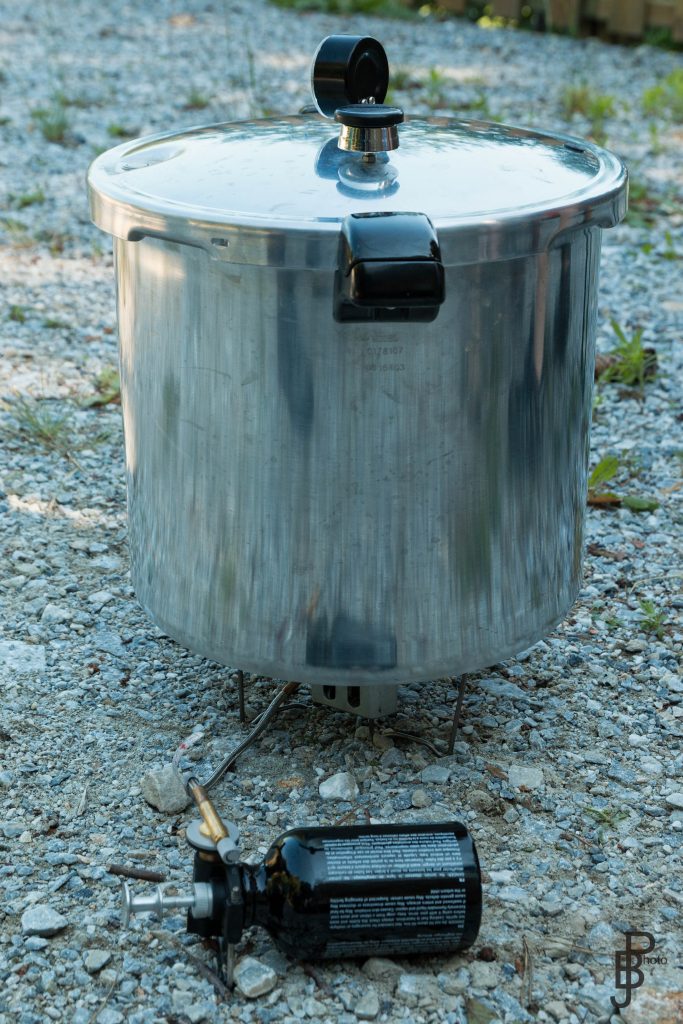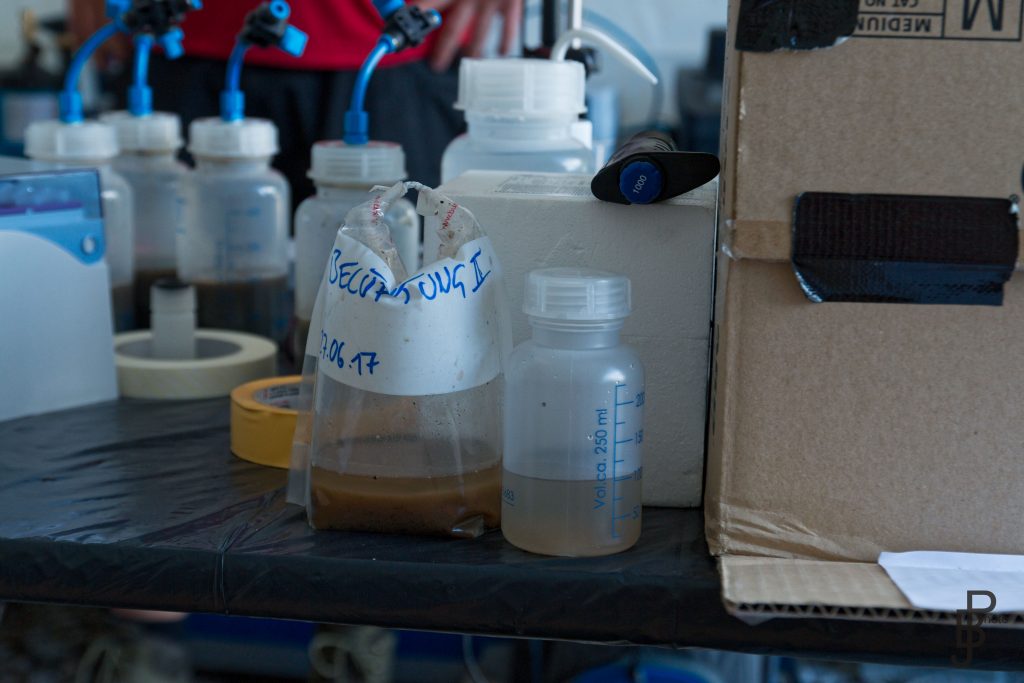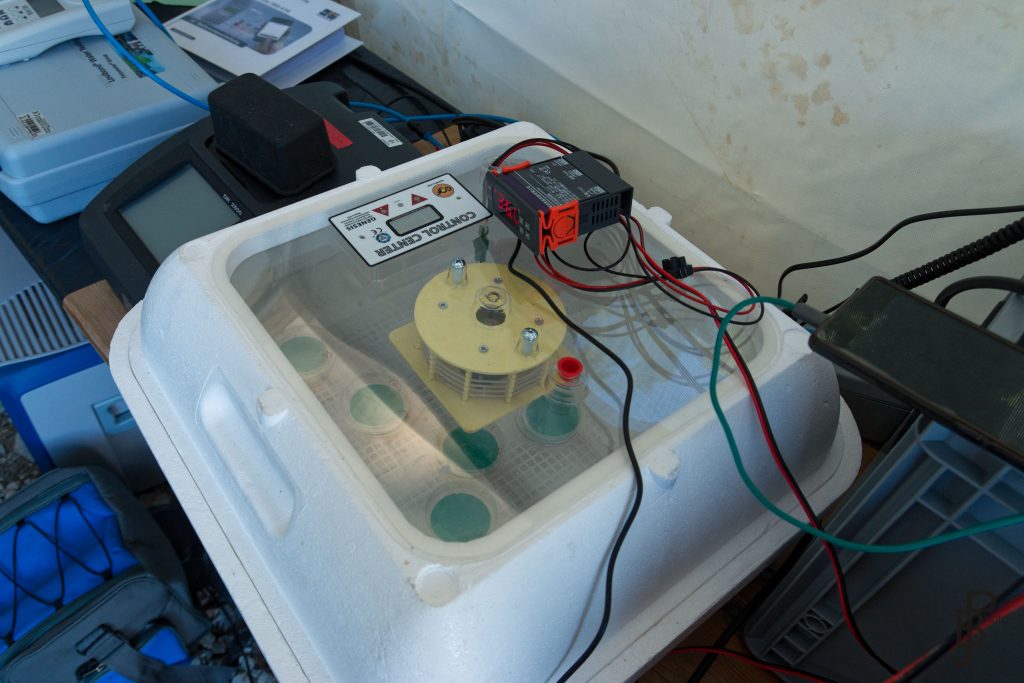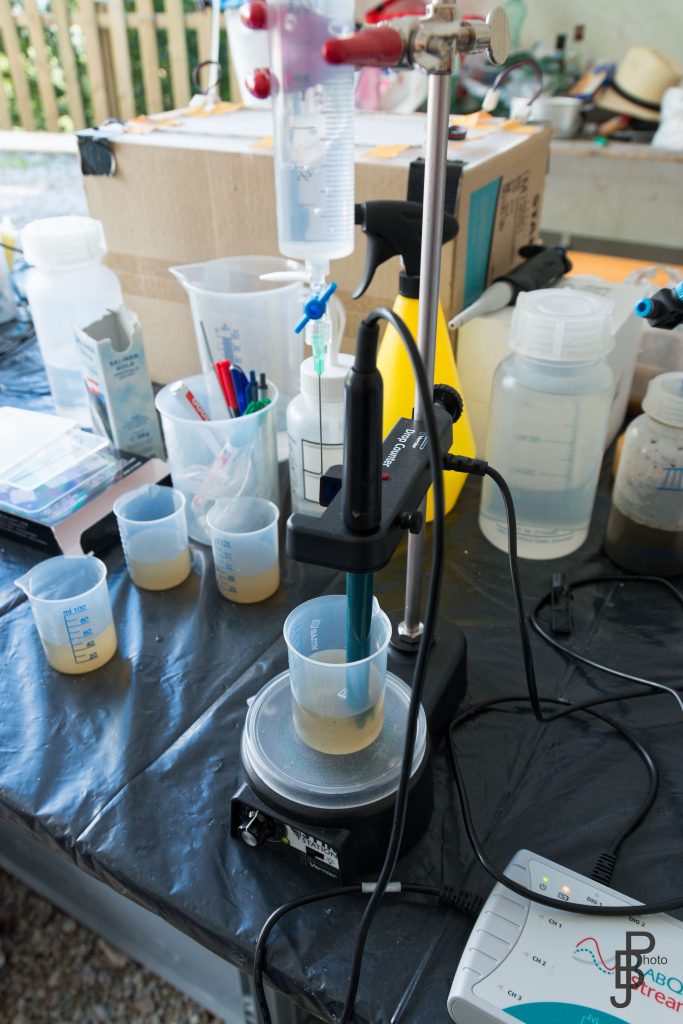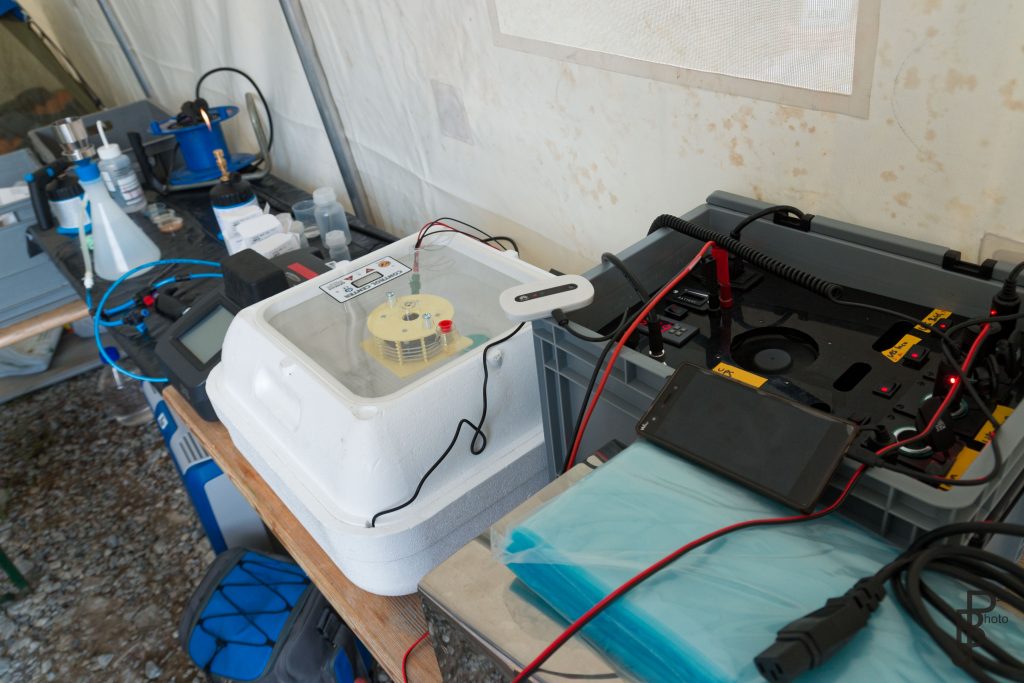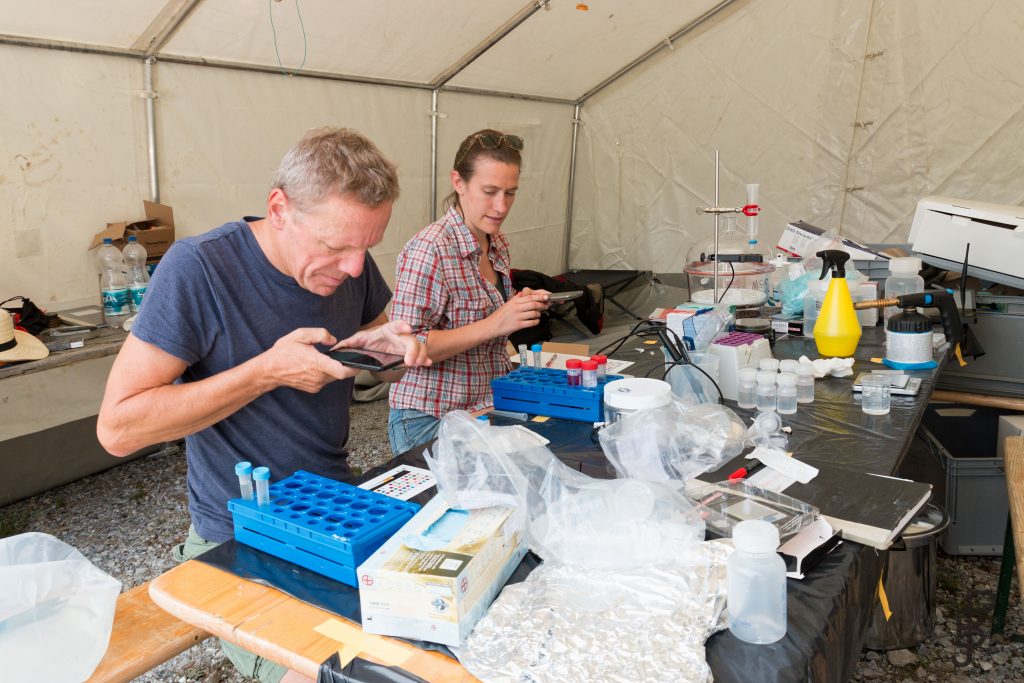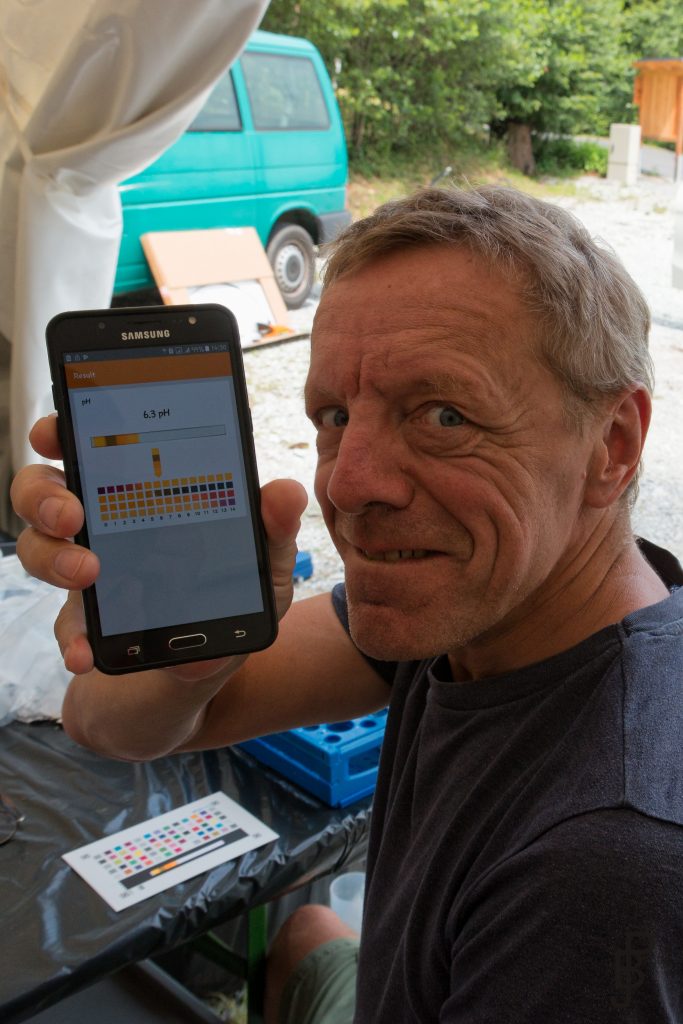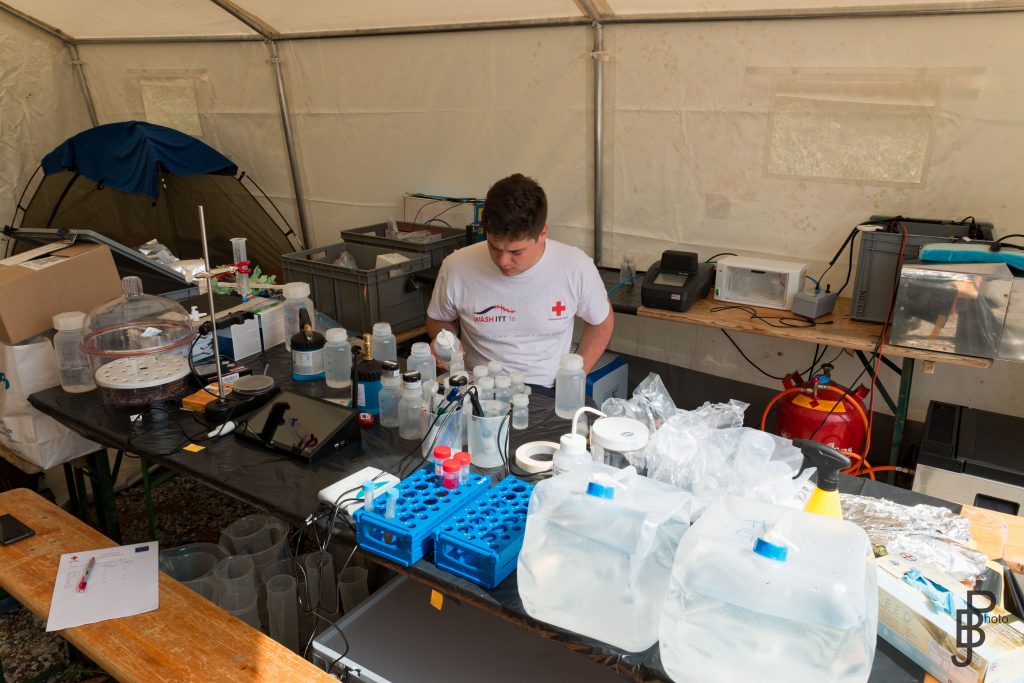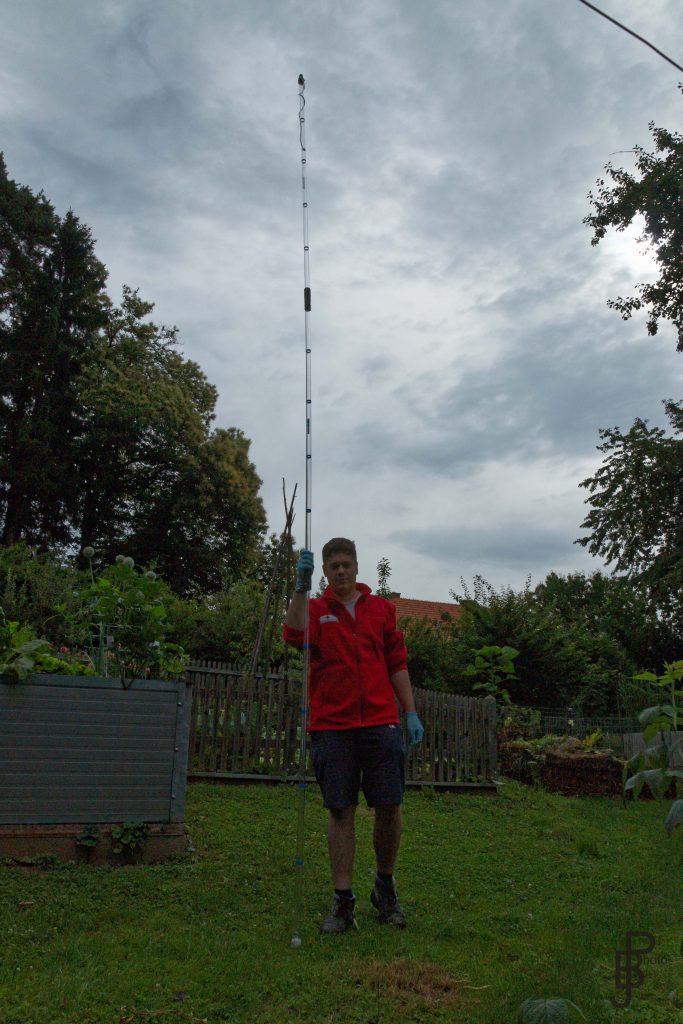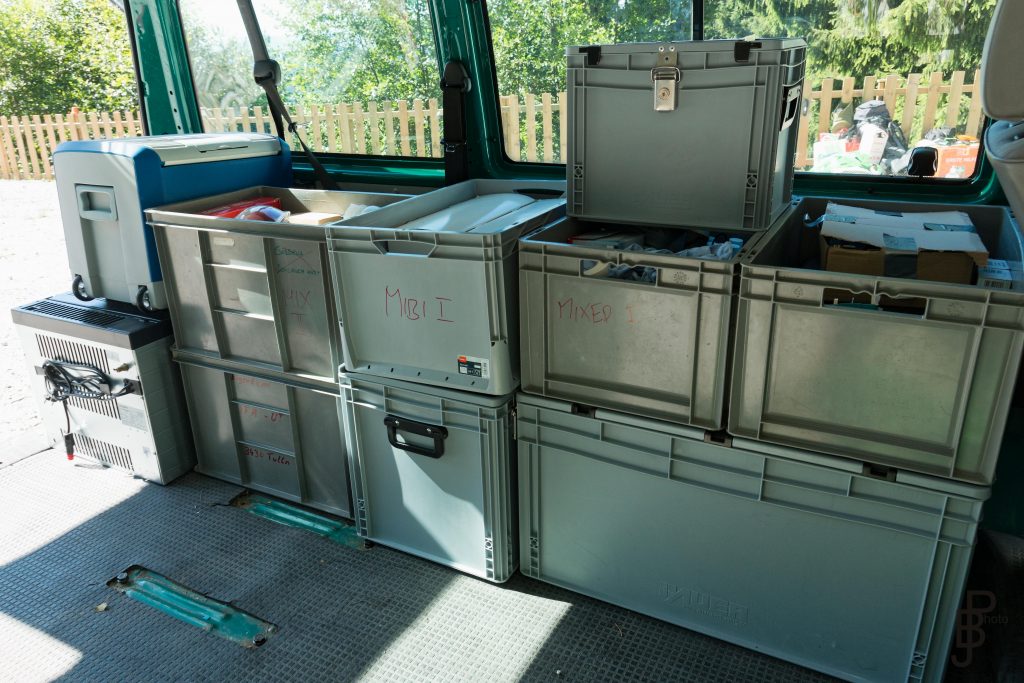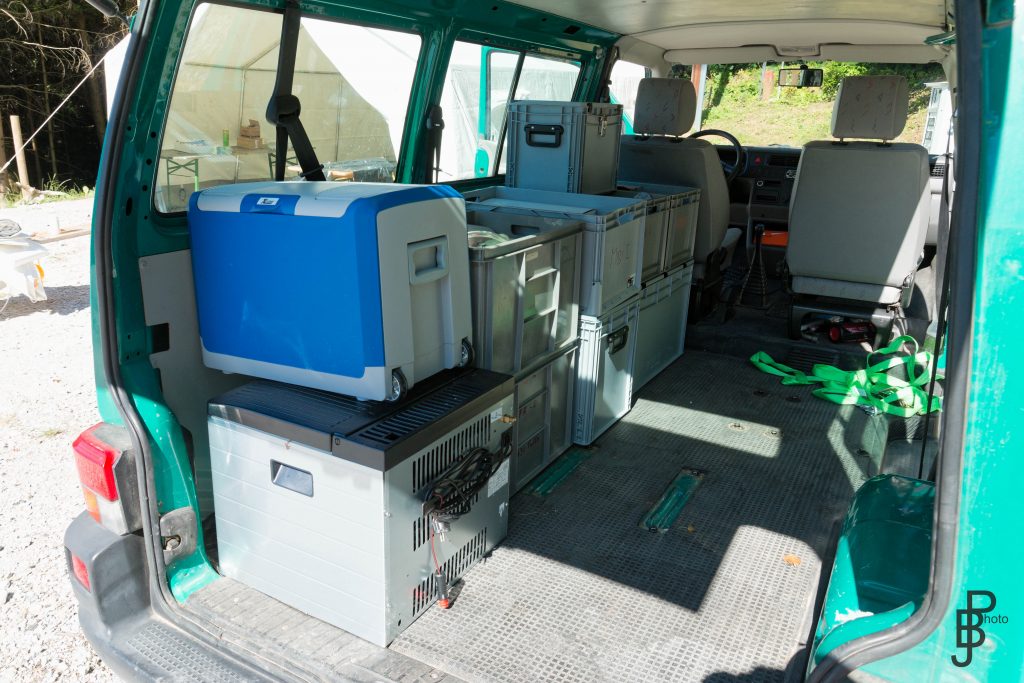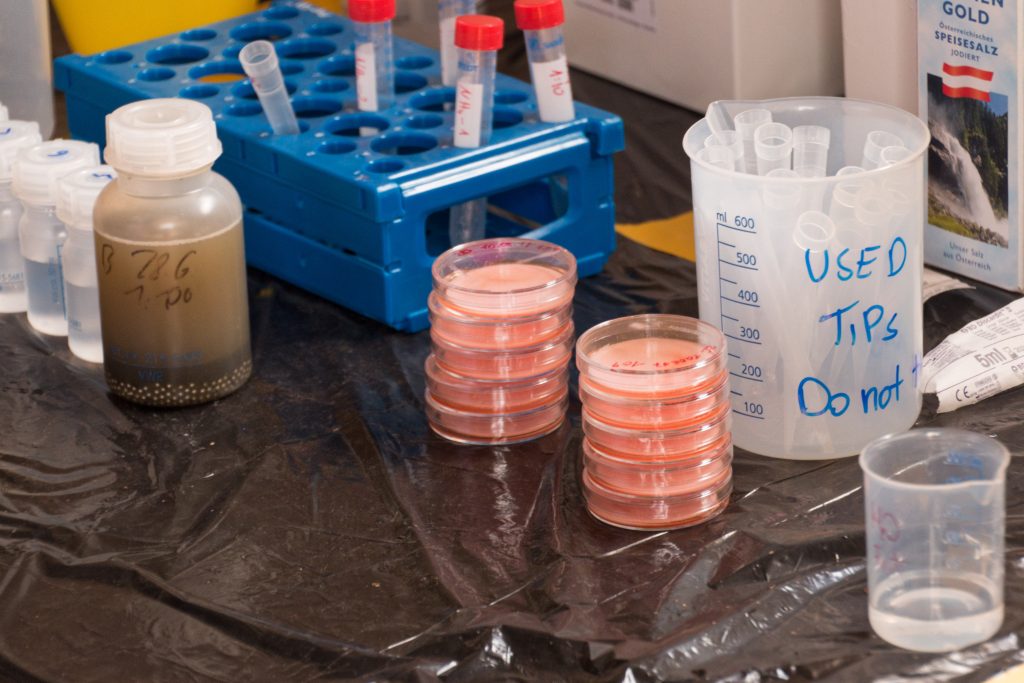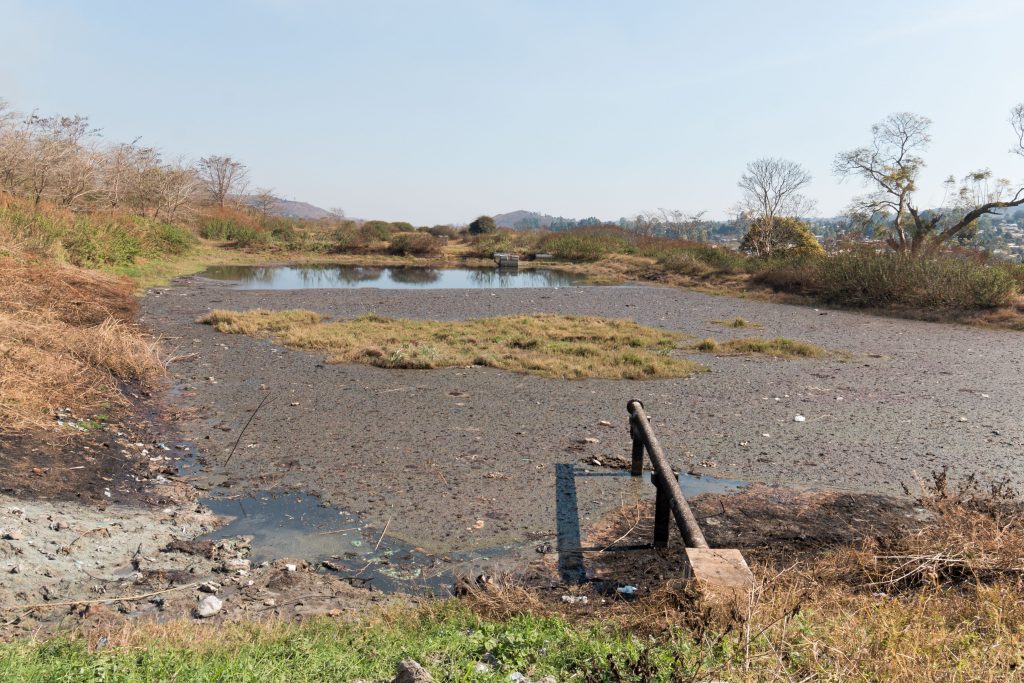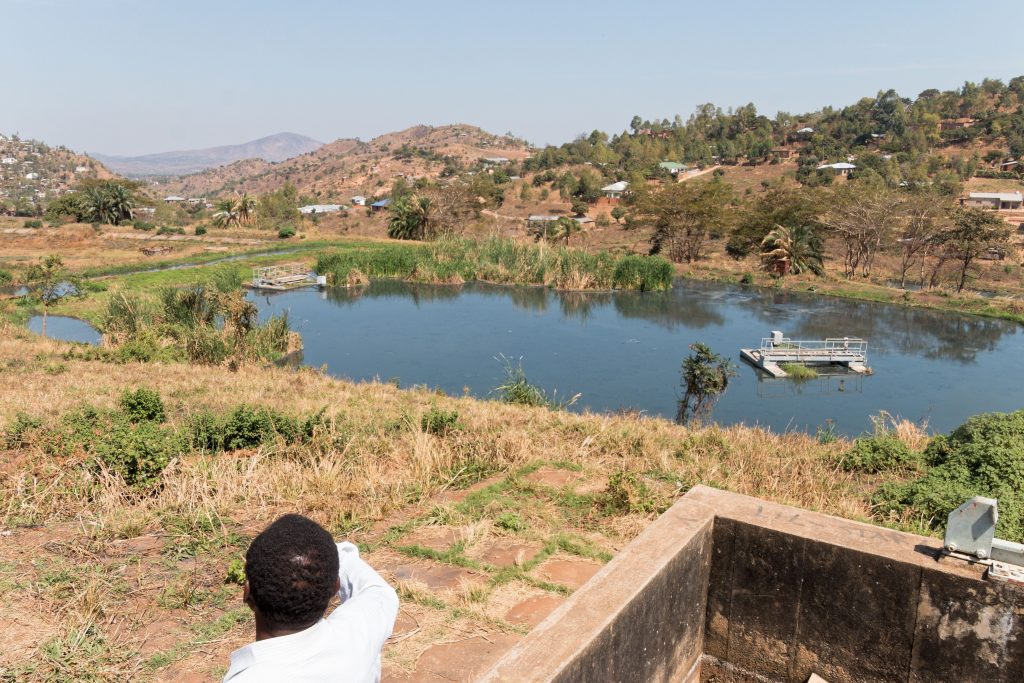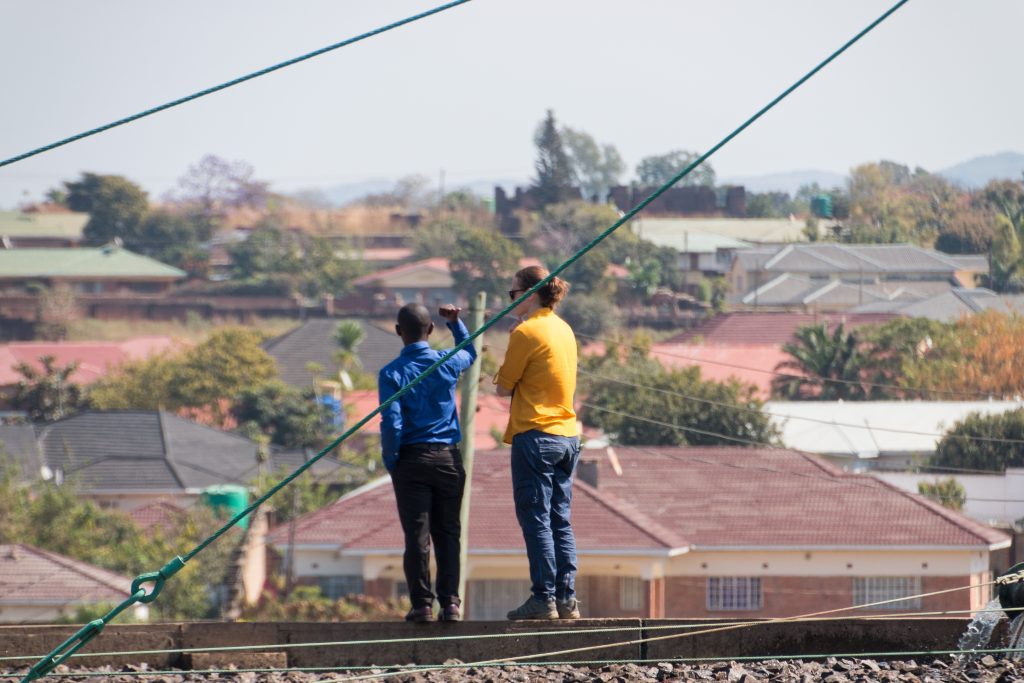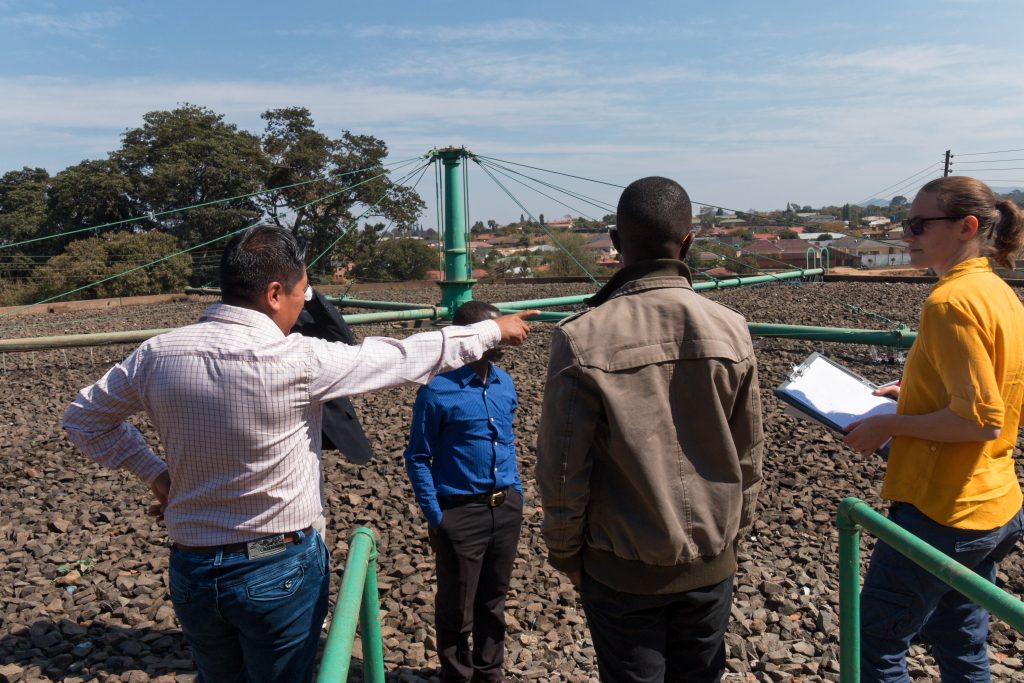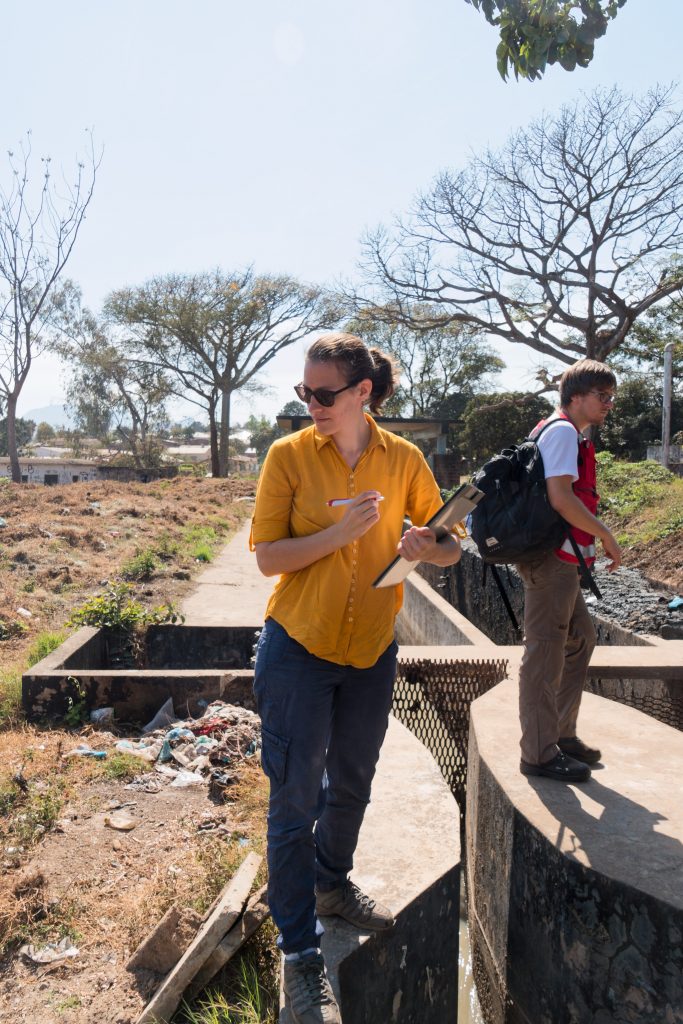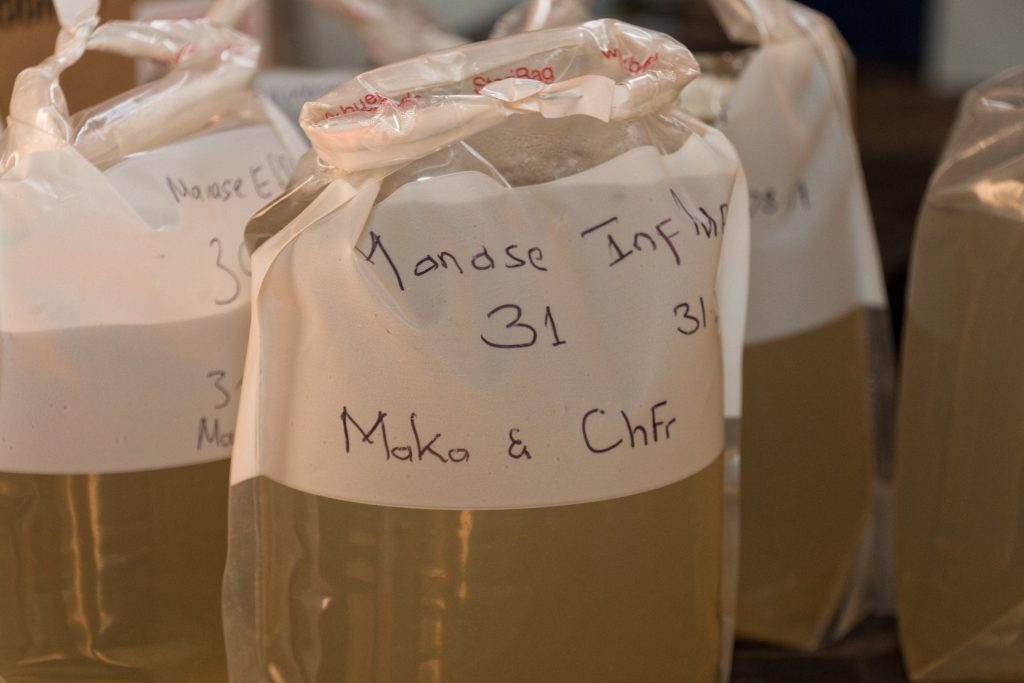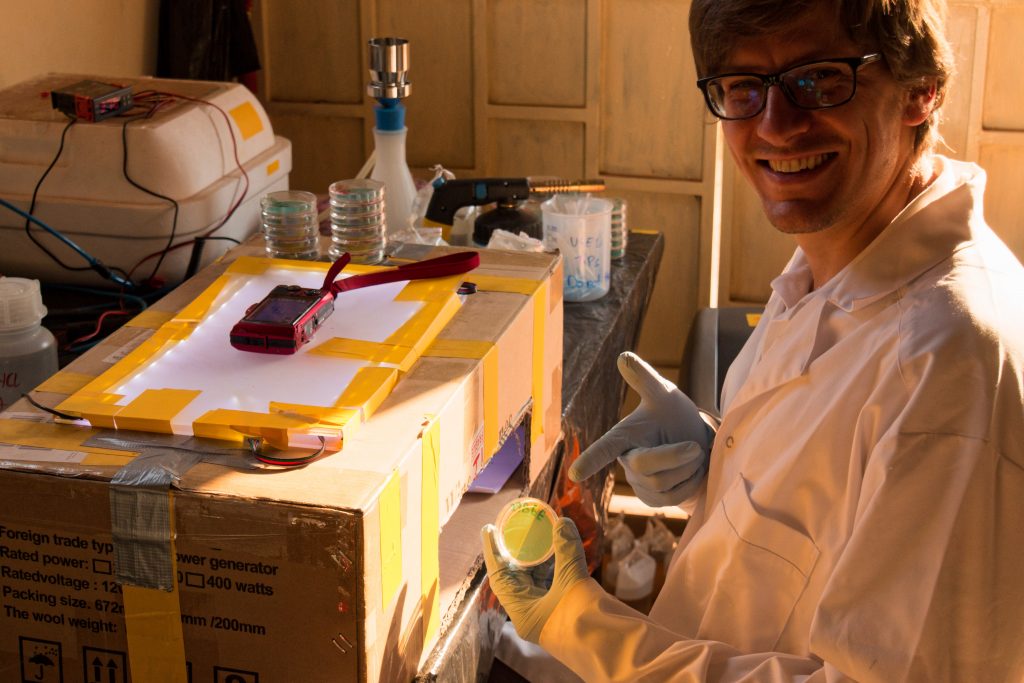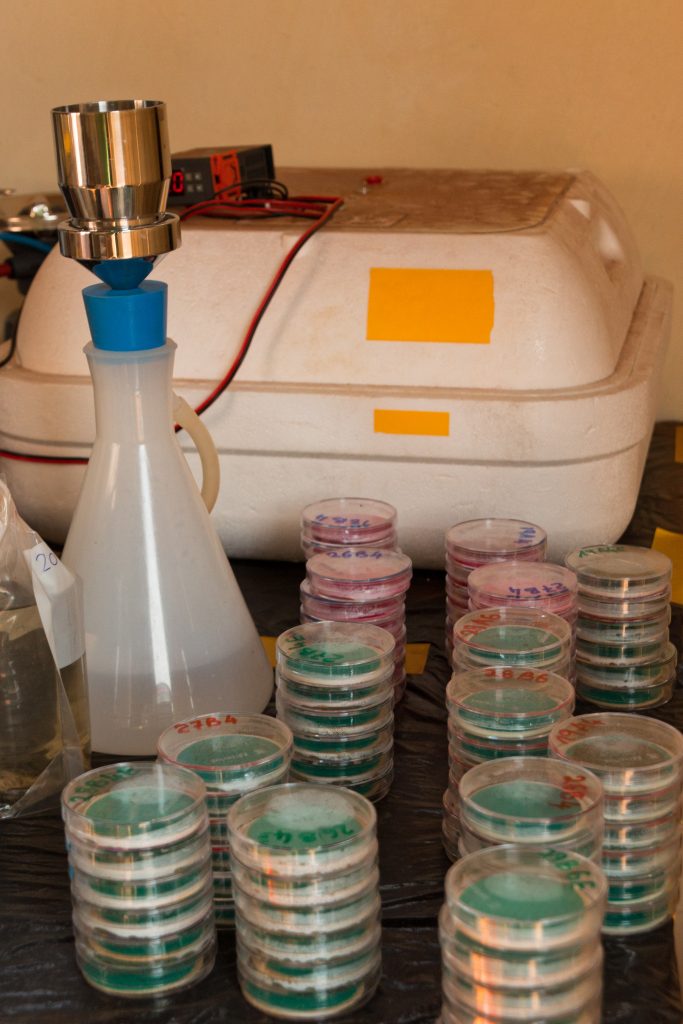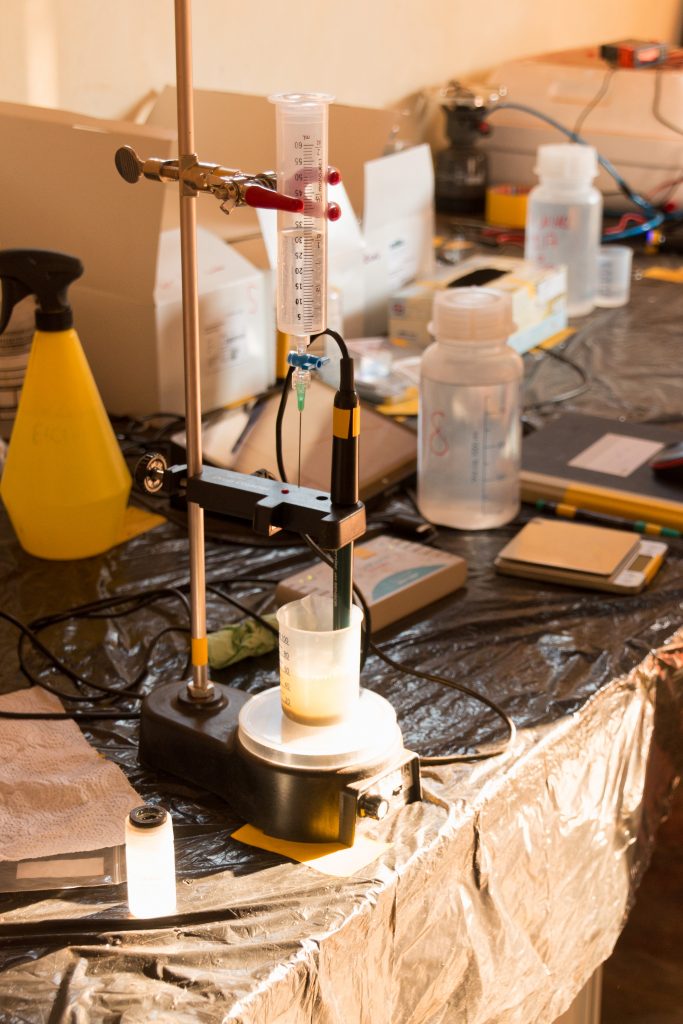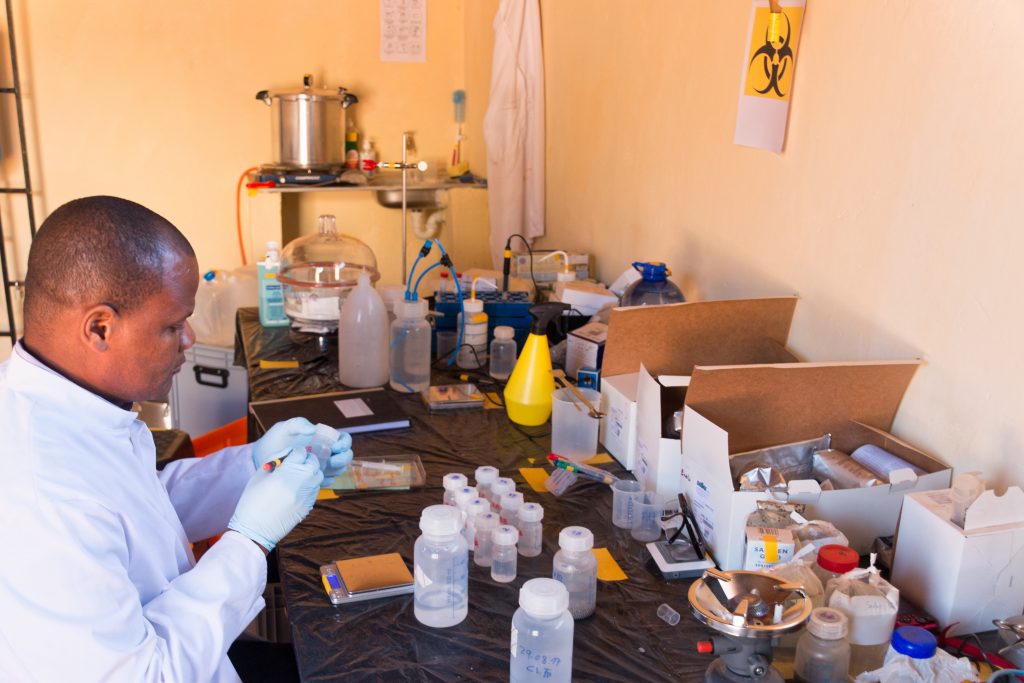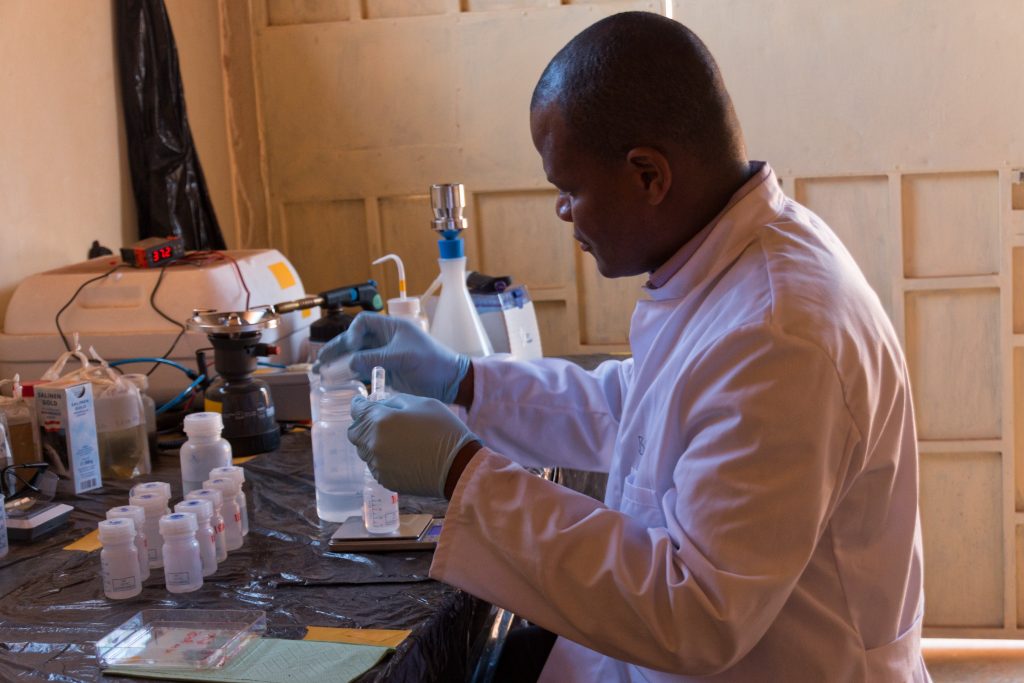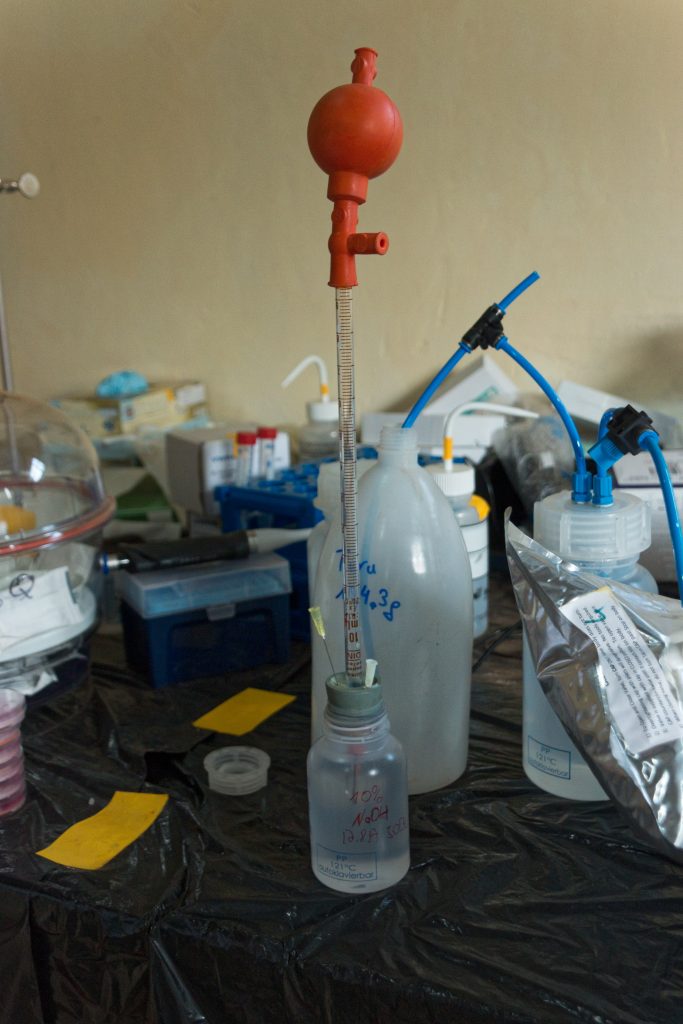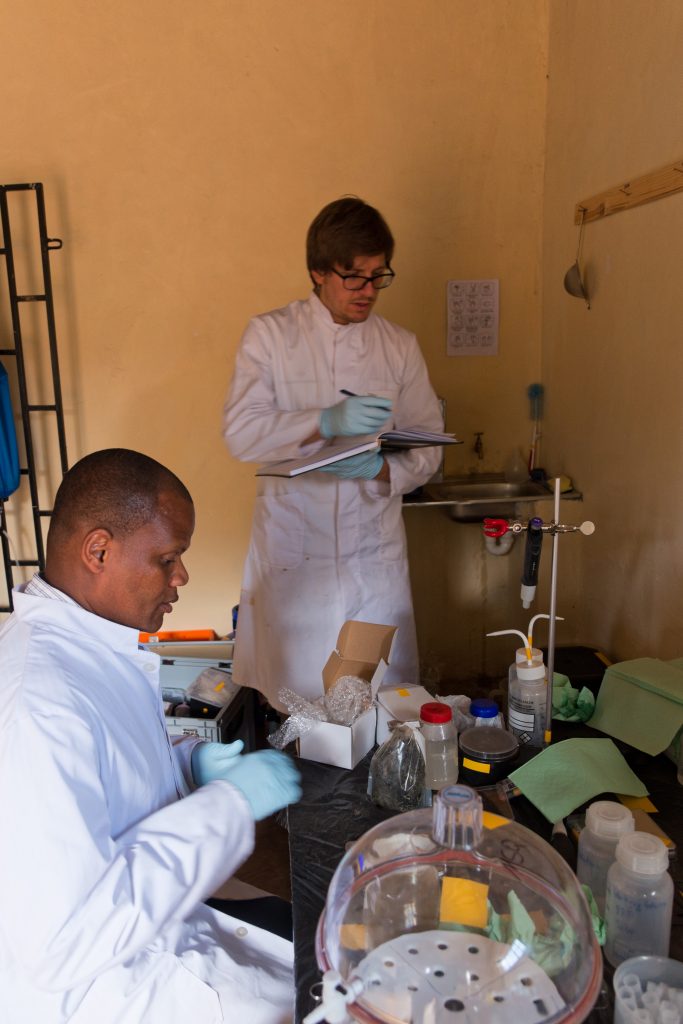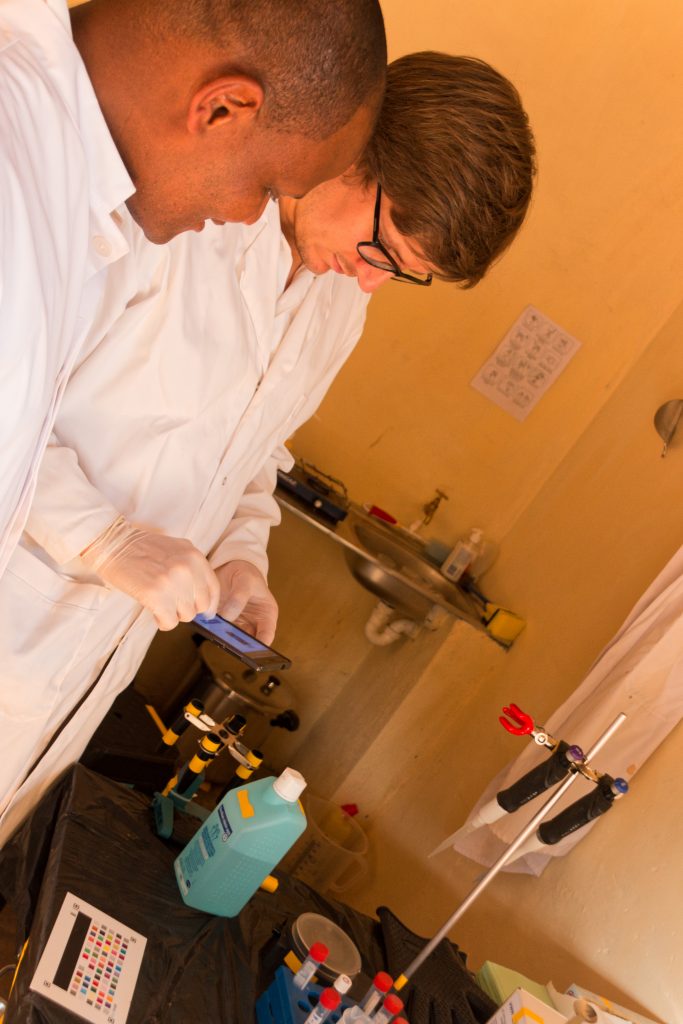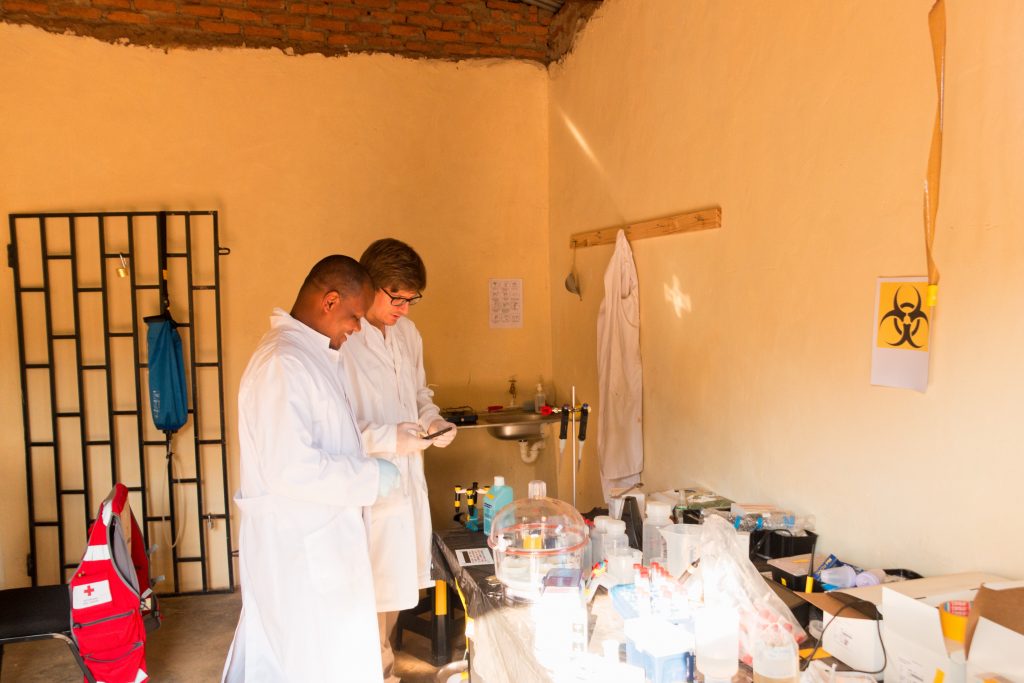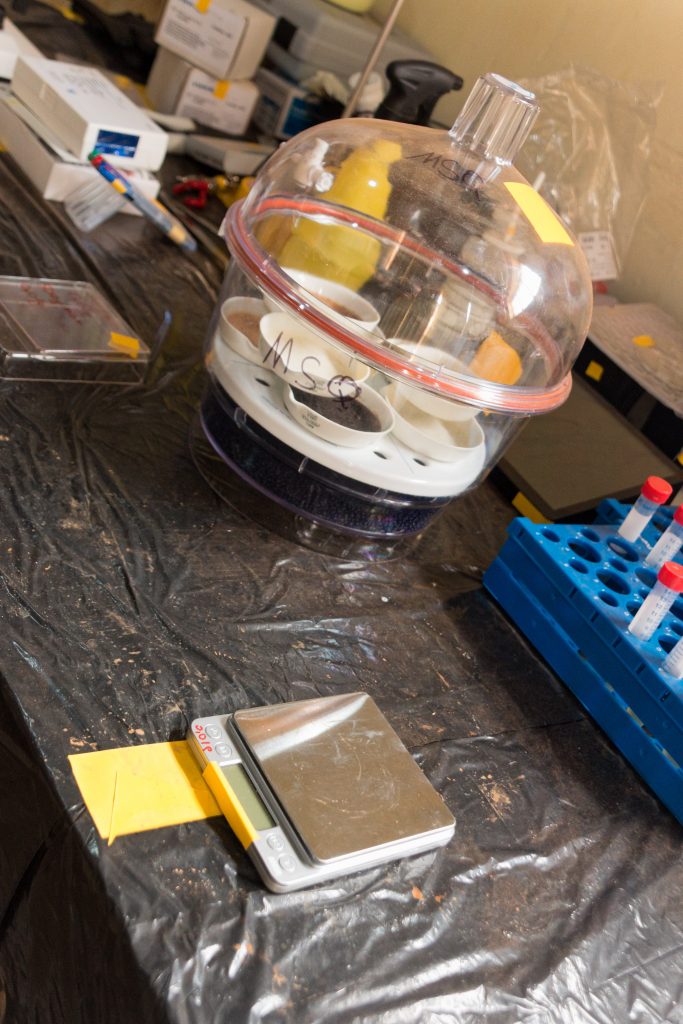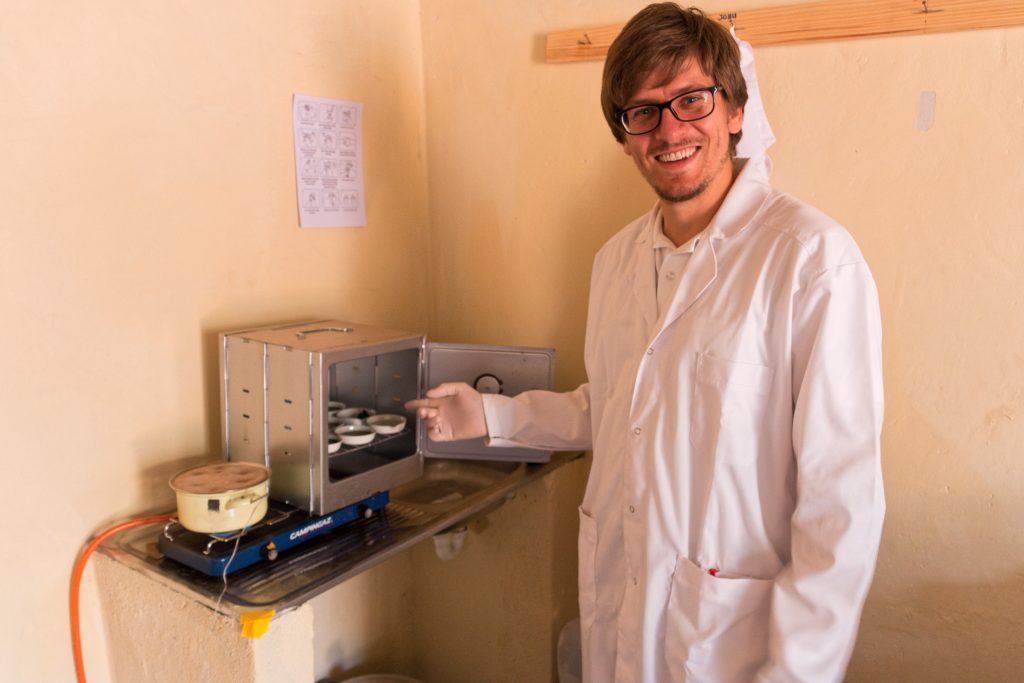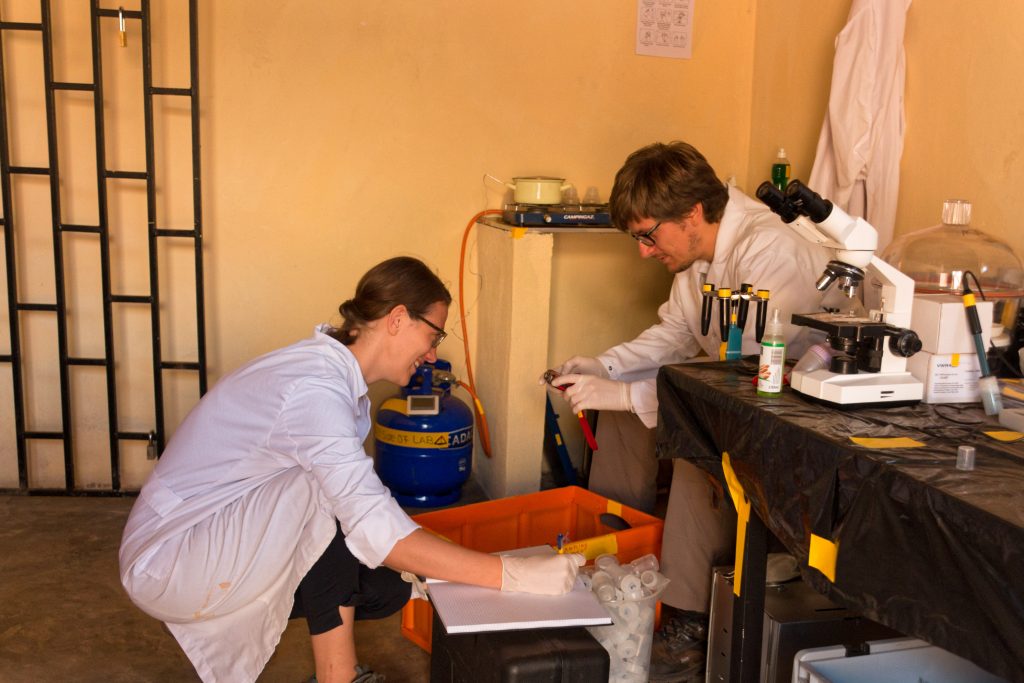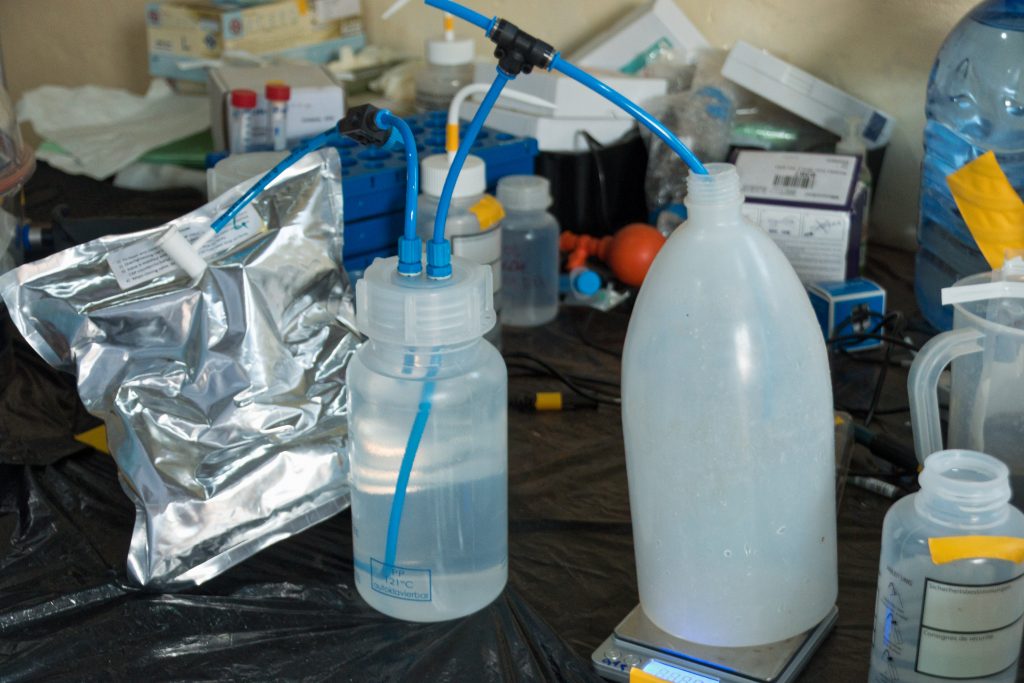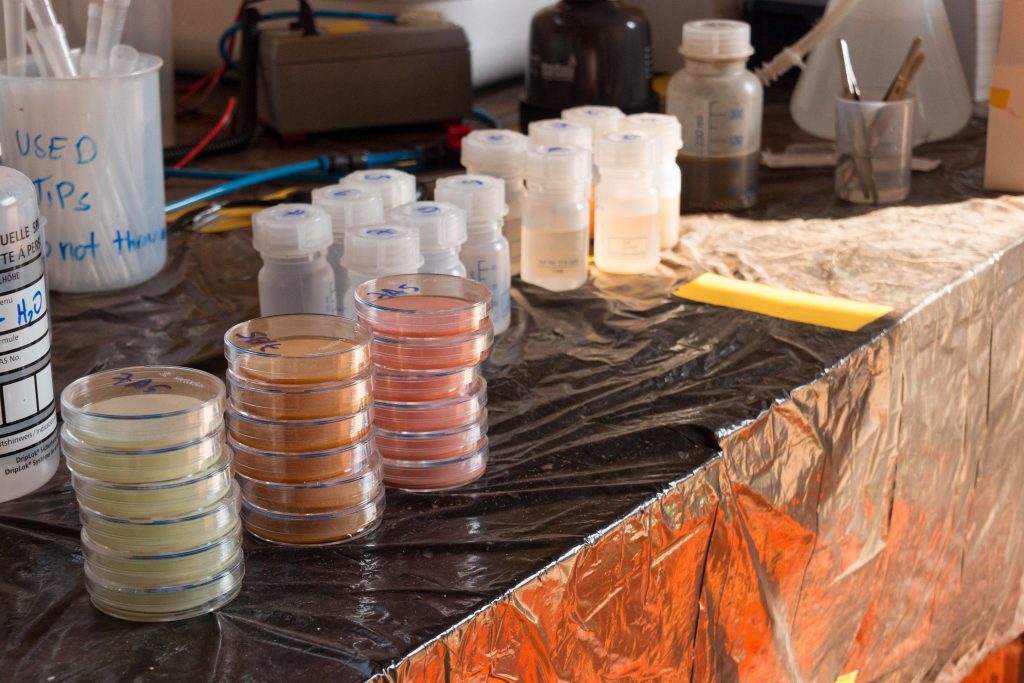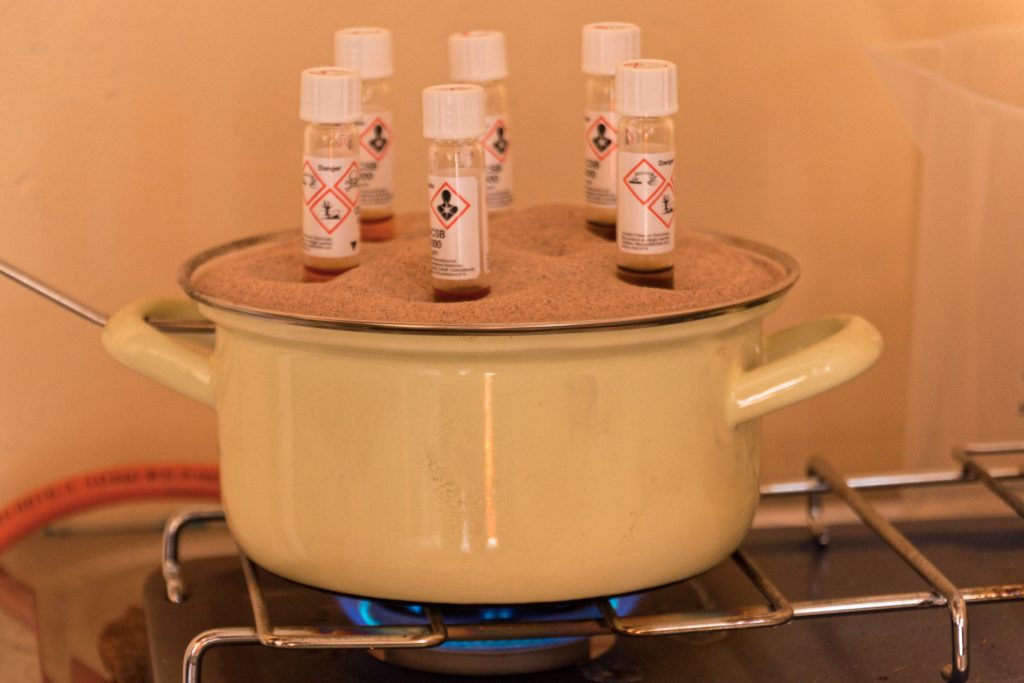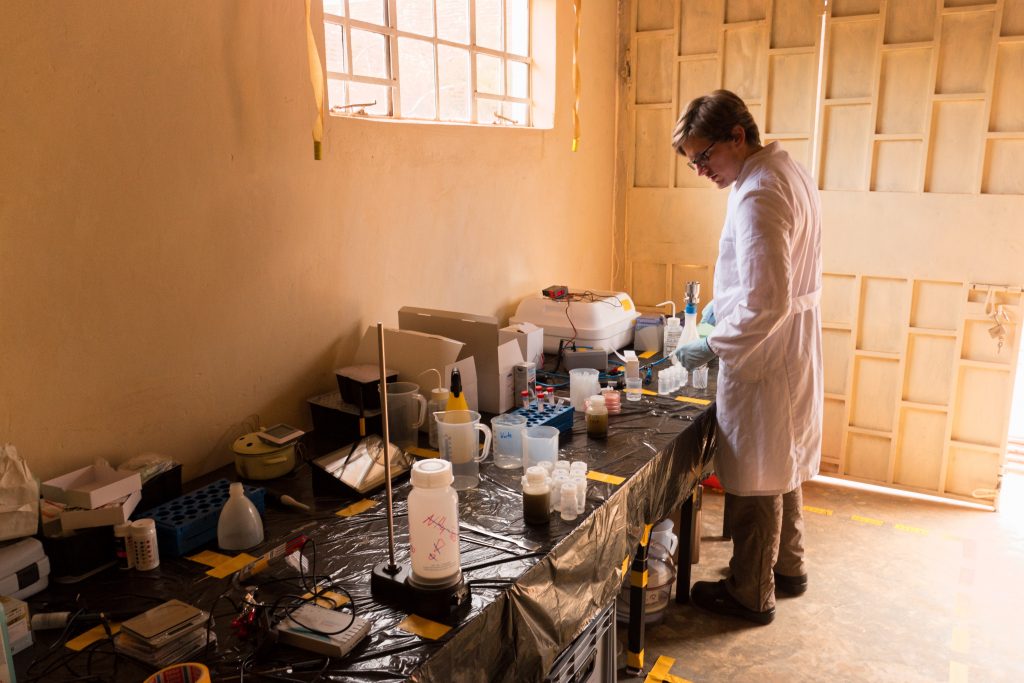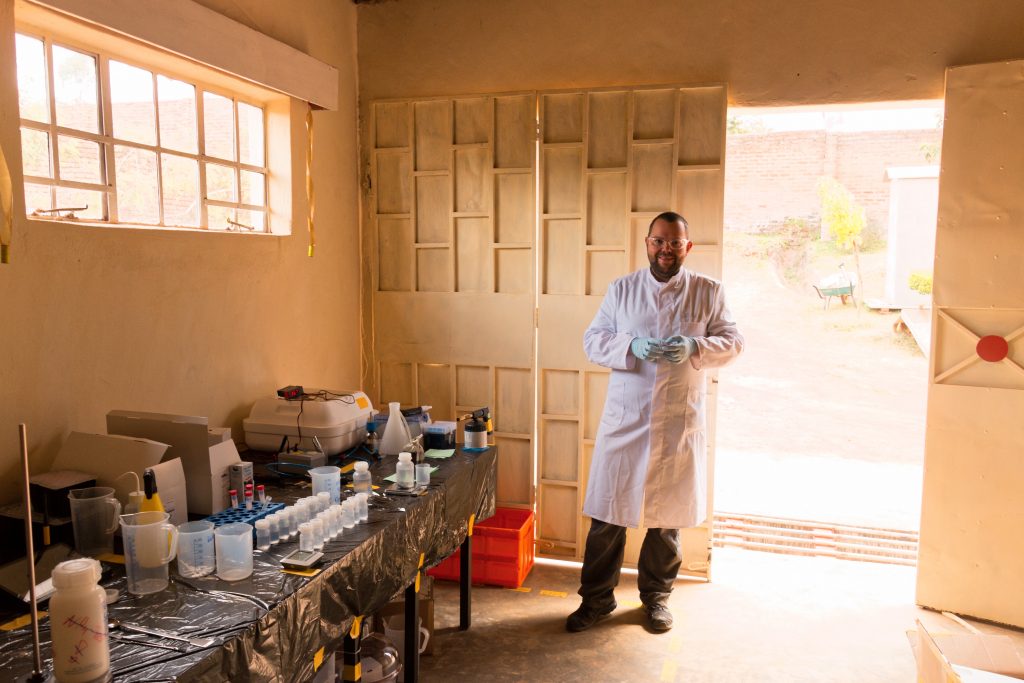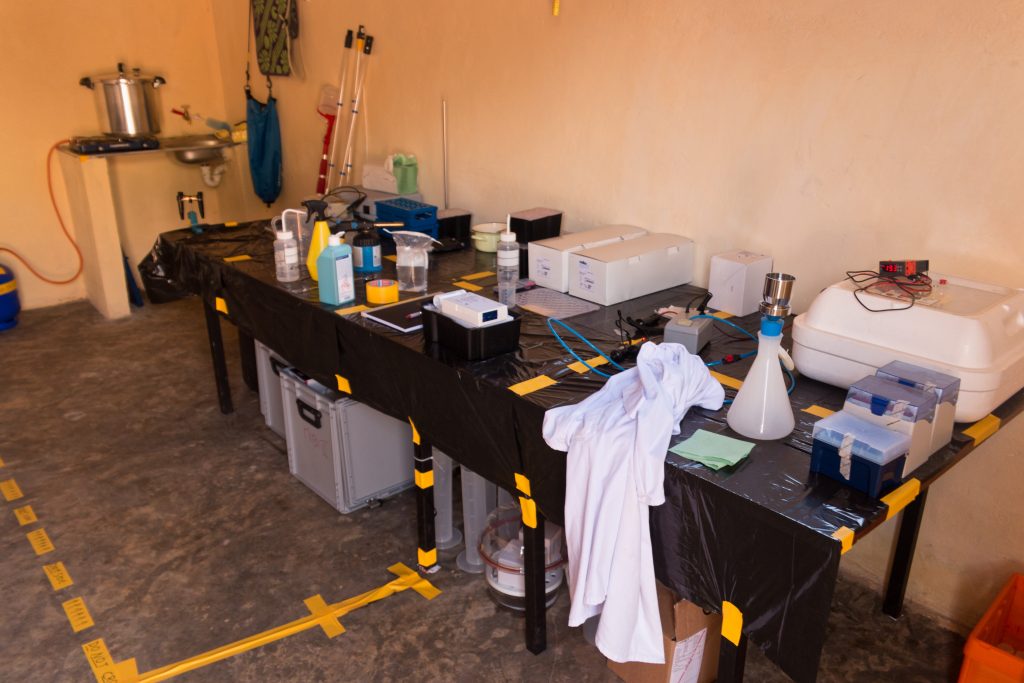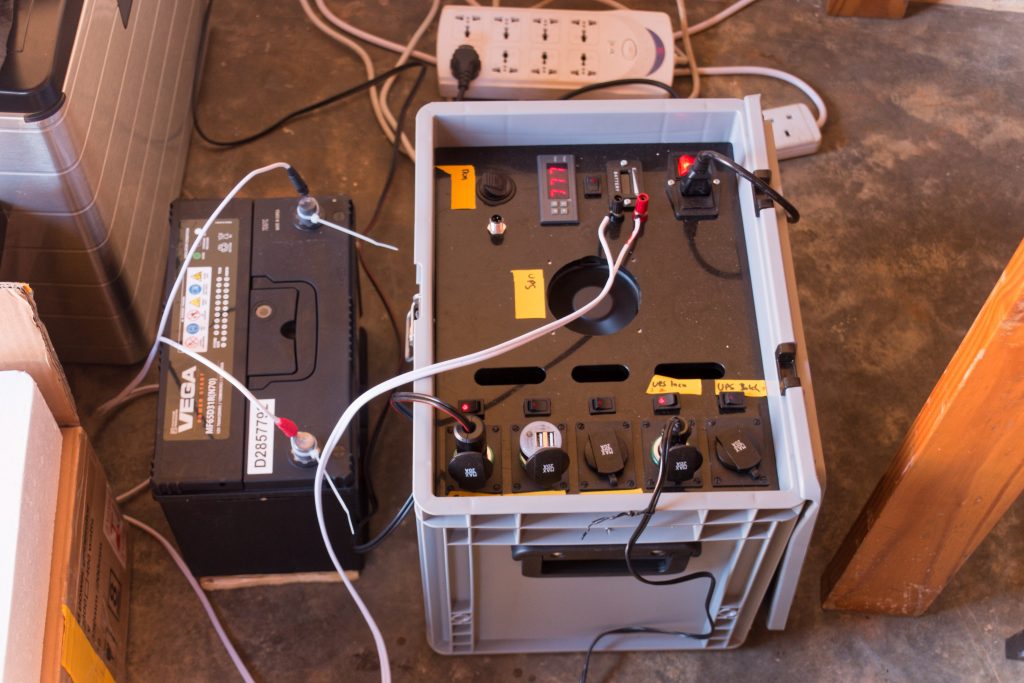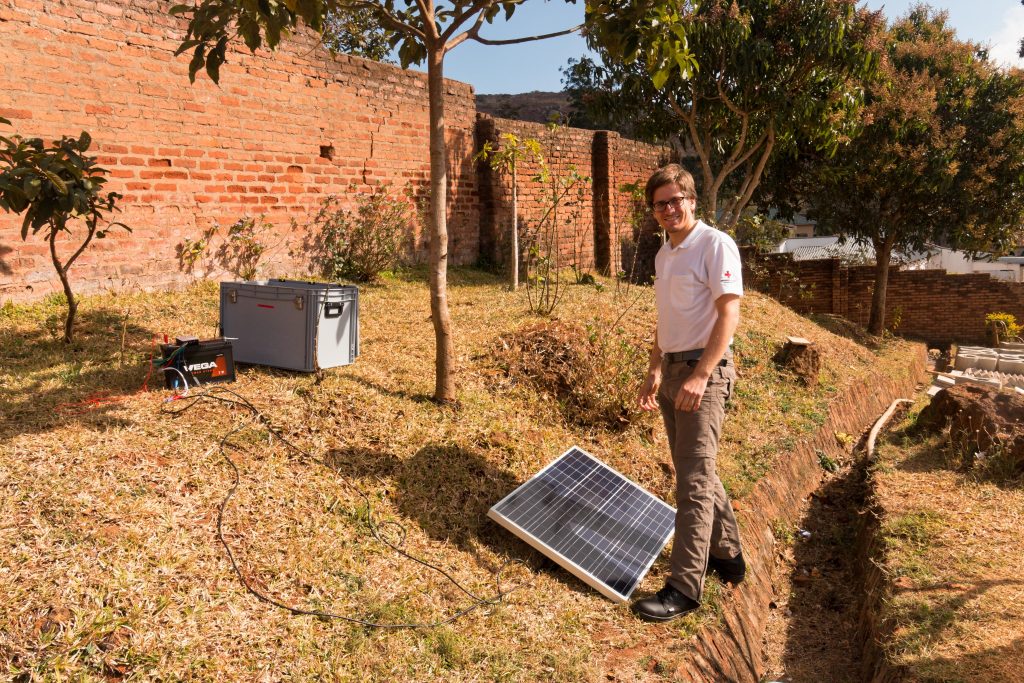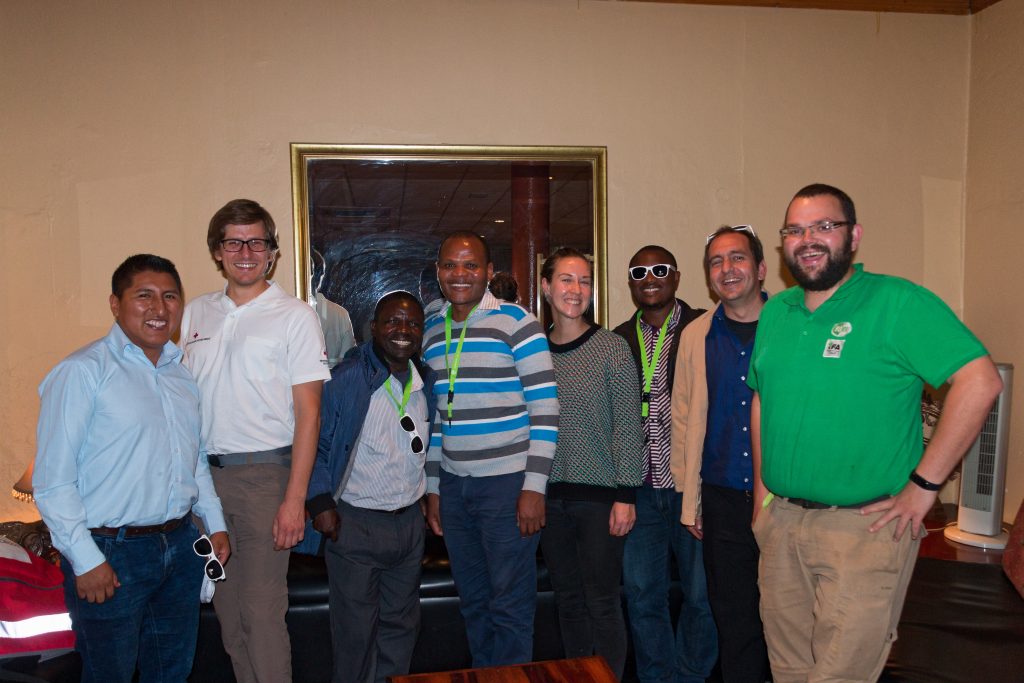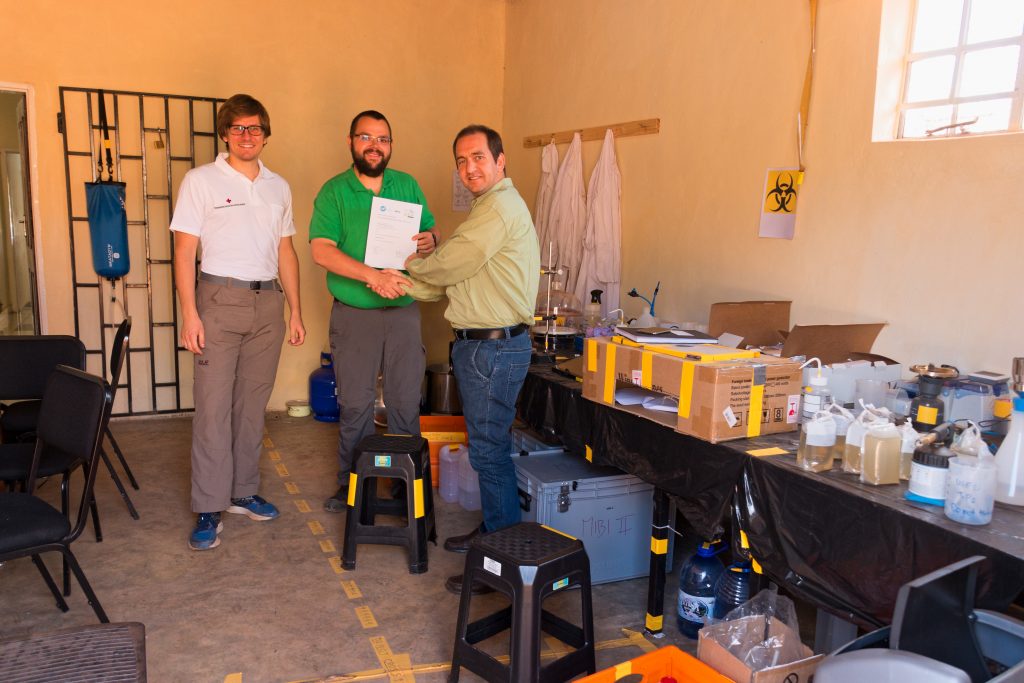The main development work for the Faecal Sludge Field Laboratory has been done in two projects (MSQ & FAST) funded by the Humanitarian Innovation Fund.
MSQ – Microbial Sludge Quality Project
The prototype of the Faecal Sludge Field Laboratory was developed in the Humanitarian Innovation Fund funded “Microbial Sludge Quality” project in 2017.
This project was the starting point for the Faecal Sludge Field Laboratory. In 2015 Austrian Red Cross was approached by the IFRC to develop a laboratory for public health monitoring of faecal sludge treatment plants. Austrian Red Cross started to set-up a project consortium of academia (University of Natural Resources and Life Sciences, Vienna), practitioners (WASTE, NL) and industry (Butyl Products Ltd.). Read more about the project consortium in the partners section. The project was lead by the University of Natural Resources and Life Sciences, Vienna’s Institute of Environmental Biotechnology.
The project had two phases:
1) Development of the Faecal Sludge Field Laboratory prototype in the laboratory
2) Field testing of the prototype in Blantyre, Malawi.
In the first phase it was decided to not only focus on the development of a laboratory kit for public health monitoring, but to expand to a) developing a full field laboratory and b) include process control parameters.
a) The development of a full field laboratory meant the inclusion and development of support equipment, like personal protective equipment, additional laboratory ware and a power supply solution.
b) The inclusion of process control parameters made the prototype more useful for emergency response operations and supplies the same analysis capabilities of “standard, fixed” wastewater/faecal sludge treatment plant laboratories.
The focus of the field test, the second phase, was to check the operability of the Faecal Sludge Field Laboratories prototype during simulated mission conditions. During the one month deployment to Blantyre, Malawi the laboratory was set-up in the garage of WASTE, NL office building. The monitoring of five different treatment plants was started. More details on the field test can be found in the respective report. The laboratory prototype is still in use by beginning of 2020.
Blogs
For Humanitarian Innovation Fund funded projects blogging is a requirement. To follow the project process check the blogs.
FAST – Field lab wider Applied for Sludge Treatment
The “Field lab wider Applied for Sludge Treatment” was a Humanitarian Innovation Fund funded diffusion project conducted in 2018. The project focused on increasing the awareness in the WASH and academic sanitation community of the Faecal Sludge Field Laboratories. For this project a consortium between the Austrian Red Cross and Butyl Products Ltd.
To increase this a training concept was developed and two trainings were conducted. On training was conducted in Vienna and focused on Austrian Red Cross WASH expert laboratory technicians. The other training was hosted by the Uganda Red Cross Society in Kampal and conducted directly at a faecal sludge treatment plant. For more information on both trainings visit the training section. Furthermore, presentations were held at the 8th Emergency Environmental Health Forum in Berlin, Germany and the 41st WEDEC Conference in Nakuru, Kenya.
This project lead to a strategic partnership for the ongoing development of the Faecal Sludge Field Laboratory between Austrian Red Cross and Department Sanitation, Water and Solid Waste for Development at Eawag.
Pictures from the FAST field school can be found in the training section.
Blogs
To follow the projects course please read through the blogs.
Faecal Sludge Field Laboratory – Version 2020
The lessons learned from the Faecal Sludge Field Laboratories first deployment were incorporated into the 2020 version of the laboratory by a cooperation of the Austrian Red Cross and Sandec – Eawag funded through SDCs backstopping mandate with Eawag.
In this project the Faecal Sludge Field Laboratories Laboratory Technicians Manual was compiled and the equipment list for the laboratory was overhauled. The project was conducted in the second half of 2019.

